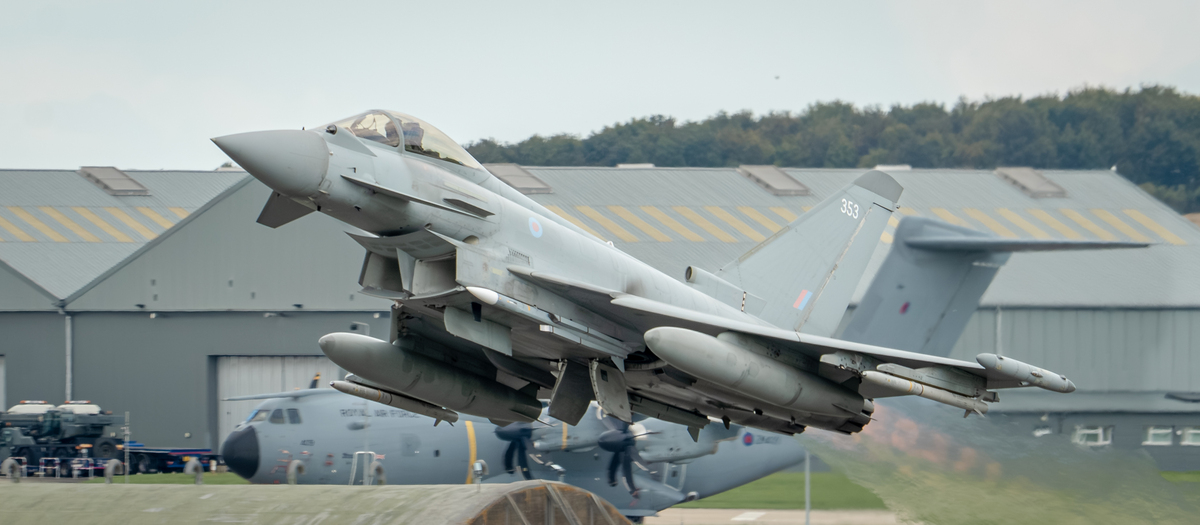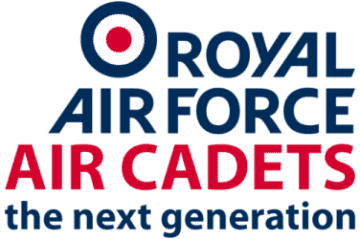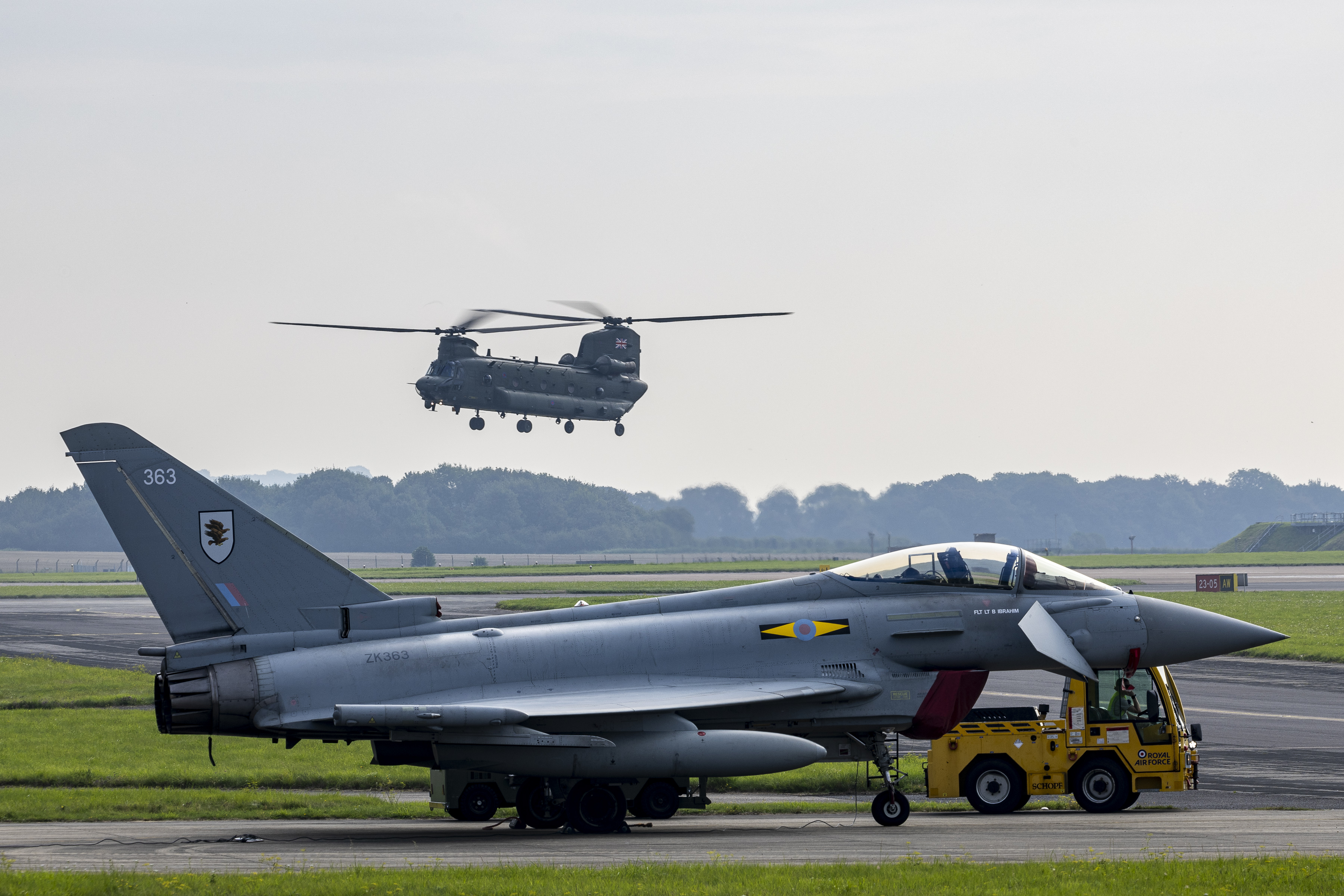
Royal Air Force Typhoons have been honing the resilience of UK air defence by relocating across the country without notice.
Four Typhoons from XI(F) Squadron, RAF Coningsby in Lincolnshire were instructed without prior notice to transfer to MOD Boscombe Down, Wiltshire as part of Exercise Agile Pirate. They were tasked to be ready to operate Quick Reaction Alert – to respond to potential aerial threats in or near UK airspace – without delay, testing the RAF’s ability to rapidly disperse and operate assets vital to UK defence. Later in the exercise they were joined by two F-35B Lightning aircraft, with the fifth-generation fighter jets also taking the opportunity to test their operability at an unfamiliar airbase.
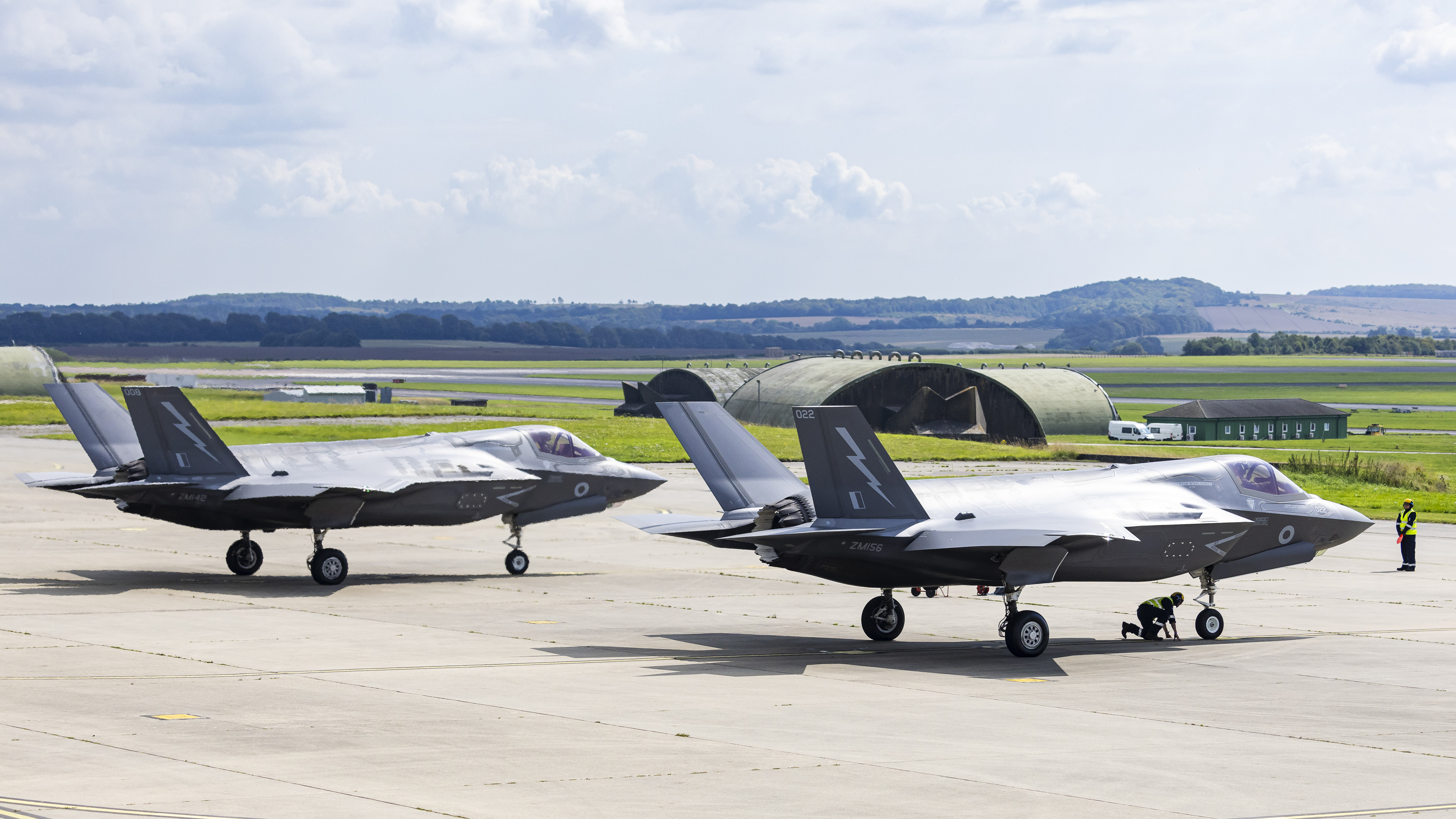
The exercise is part of the RAF’s aim to conduct Agile Combat Employment or ACE. It is an approach to operations that requires RAF personnel and assets to be flexible and agile; operating in austere locations with minimal support, constantly moving and changing location to maintain the initiative, and outpace any action from an adversary whether in the UK or overseas alongside our NATO and Joint Expeditionary Force partners.
“The whole series of Agile Pirate exercises are steppingstones to the RAF getting better and better at executing Agile Combat Employment. This exercise has shown we can move our Quick Reaction Alert around the UK, and future exercises will test other vital capabilities focussed on defence of the UK.”
Air Marshal Harvey Smyth
Air and Space Commander
Support teams from multiple bases provided operations, engineering, logistics, communications, security, and catering to the Typhoon deployment. They too had no prior notice but were able to depart their home bases 3 hours after activation. An Atlas A400M transport aircraft delivered a bulk of essential equipment to Boscombe Down just hours after activation and a day later the deployment was operational.
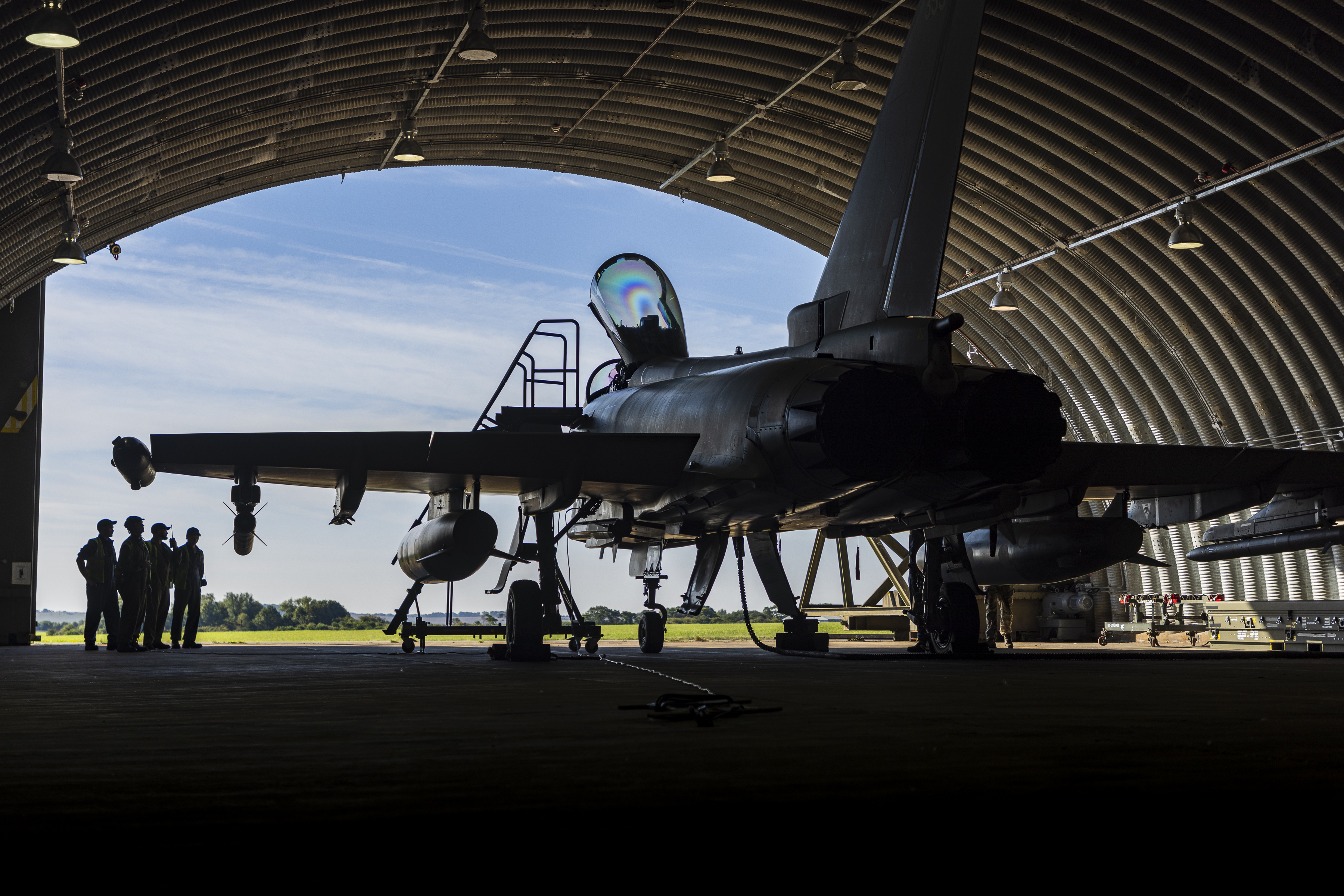
“Moving at pace presents its own challenges and we have pushed some assumptions to move even faster.
Agile Combat Employment will change our current mindset and way of operating, and I think in many ways it will bring the very best out in our people; ready to deploy at shorter notice, taking part in more novel activity, and operating without the usual support structures of a main operating base. My experience on Exercise Agile Pirate 10 is that people are thriving on this level of responsibility.”
Wing Commander Paul Hanson
Detachment Commander
The Typhoons were on standby in hardened aircraft shelters and were airborne within minutes following a scramble call from Tactical Air Command and Control, referred to as Tac Air C2. Specialists from 19 Squadron at RAF Boulmer dispersed to radar sites across the UK to give a full visual of the situation, called the Recognised Air Picture, and control the scrambled aircraft to intercept simulated threats. They achieved multiple successful intercepts of target aircraft, and with this their largest dispersal of Tac Air C2 assets in decades, demonstrated the RAF’s ability to rapidly deploy and operate in austere conditions.
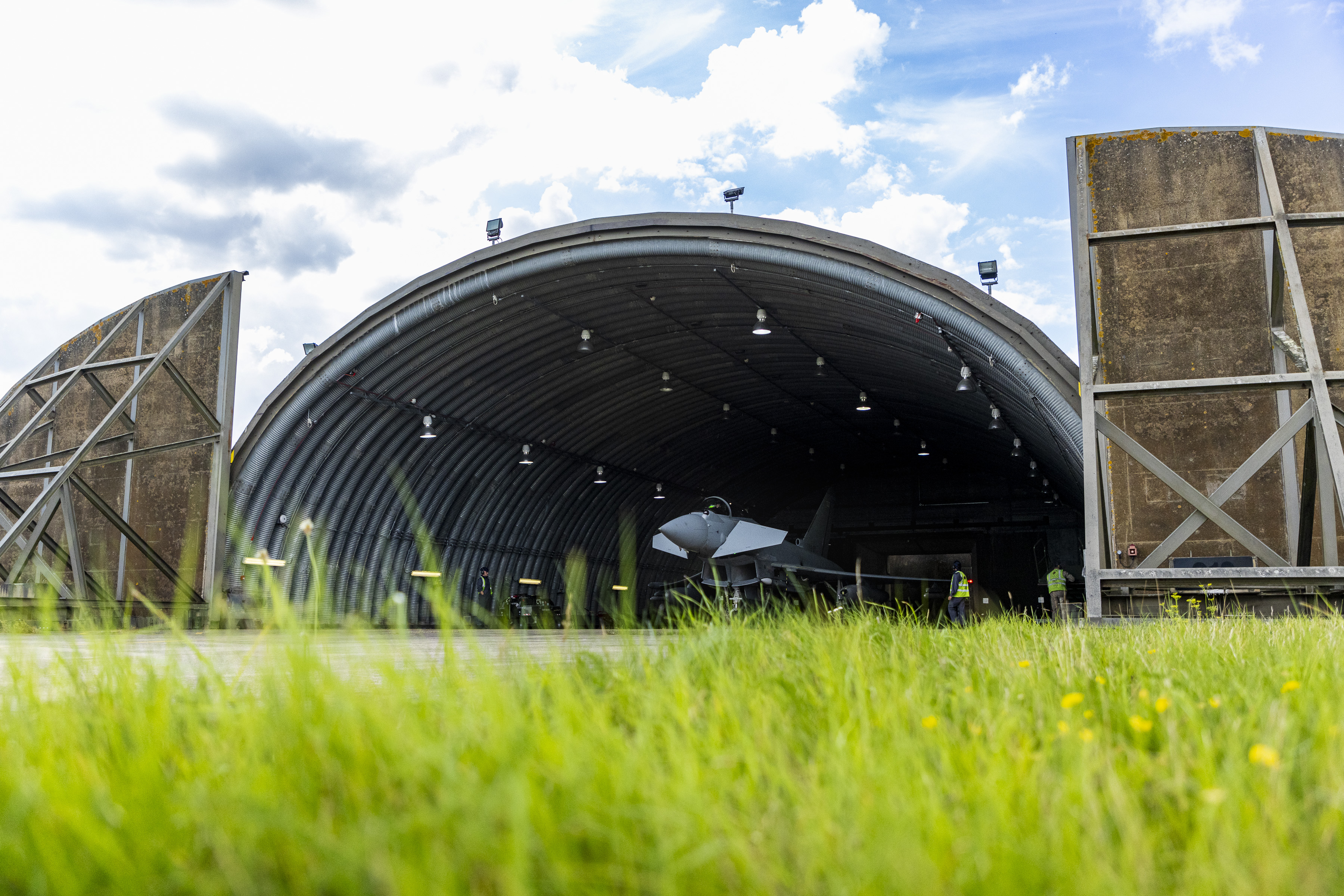
It is a former RAF site which has been operated by QinetiQ since 2001. However, a small footprint of RAF personnel remains providing vital services to operations – air traffic control maintained regular airfield operations while ensuring that Exercise aircraft could operate unimpeded over extended hours, and administrative staff gave essential ‘real life’ support to exercise participants. QinetiQ were also extremely positive in supporting the exercise – working with RAF staff to enable the exercise, and providing airfield services, refuelling and powered working areas. RAF Typhoons previously conducted Quick Reaction Alert from Boscombe Down in 2012 for the Olympics.
The RAF deployment otherwise strived to have a minimal footprint and impact to the site. This meant catering provided by the RAF’s Mobile Catering Squadron – 3MCS, communication links from 90 Signals Unit, airfield security provided by RAF Police, and tented accommodation.
